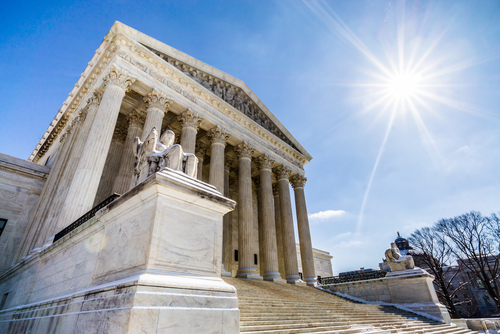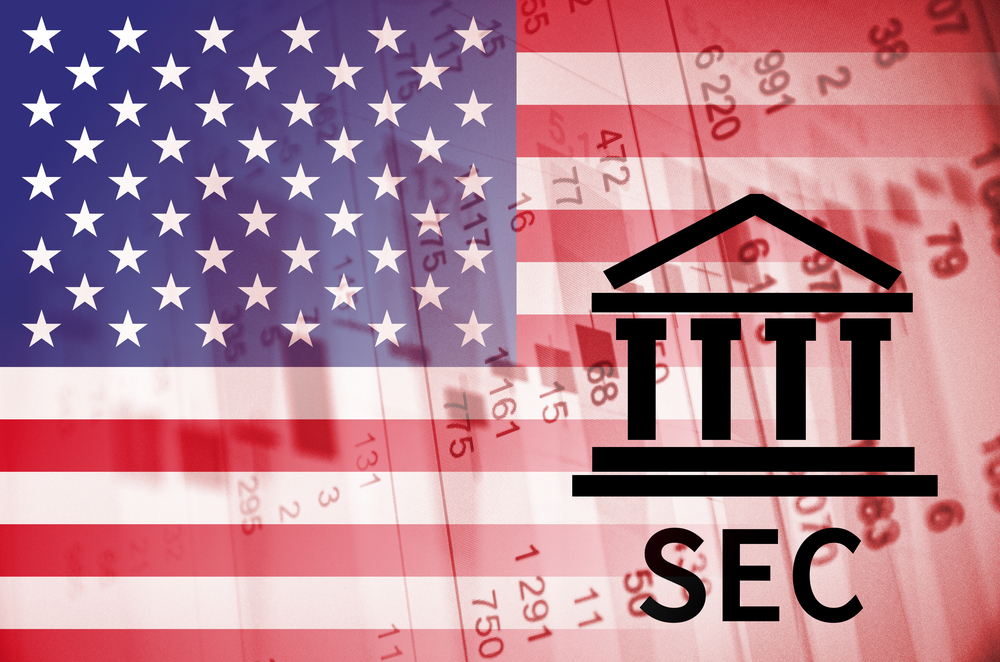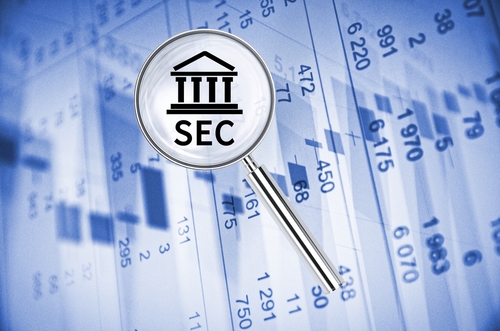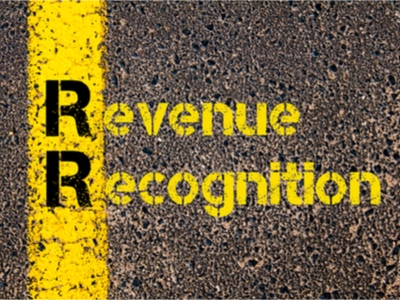On December 13, 2017, in Re Investors Bancorp, Inc. Stockholder Litigation (“Bancorp”), the Supreme Court of Delaware held that when stockholders have approved an equity incentive plan that gives the directors discretion to grant themselves awards within a shareholder approved plan limit, and a stockholder properly alleges that the directors improperly exercised that discretion, then the stockholder ratification defense is unavailable to dismiss the suit, and the directors will be required to prove the entire fairness of the awards to the corporation. The Bancorp case involved a generous shareholder approved plan limit and upholds the adage that bad facts make bad law.
In Bancorp, the company’s stockholders approved an equity plan for employees and directors that gave Bancorp Inc.’s board of directors discretion to allocate up to 30% of all option or restricted stock shares available under the plan as awards to themselves. After stockholders approved the equity plan, the board approved grants to themselves of just under half of the stock options available to the directors and nearly thirty percent of the shares available to the directors as restricted stock awards.
Each director’s grant far surpassed the median pay at similarly sized companies and the median pay at much larger companies. The awards were also over twenty-three times more than the median award granted to other companies’ non-employee directors after mutual-to-stock conversions. The court determined that the plaintiffs alleged facts that the directors breached their fiduciary duties by awarding excessive equity awards to themselves under the equity plan and that a stockholder ratification defense was not available for a motion to dismiss. READ MORE











